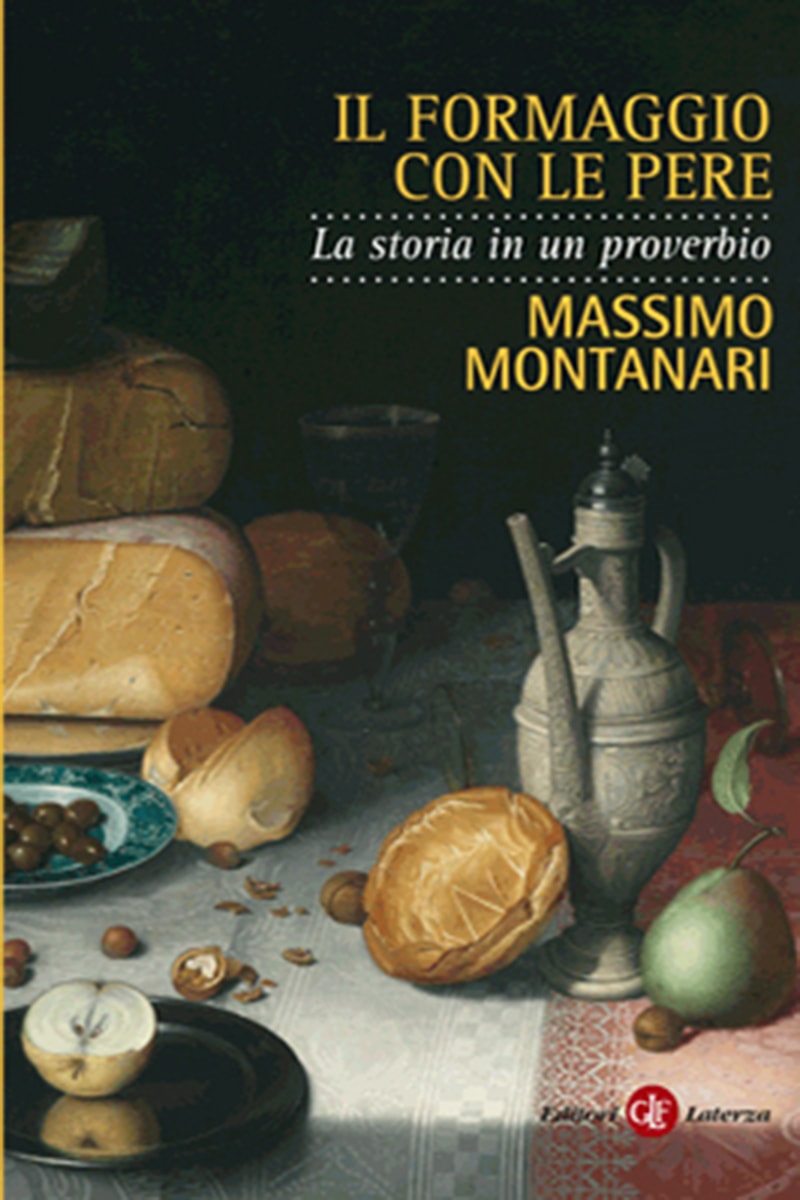
Pages: 174
Series: IR/L
ISBN: 9788842087199
Cheese and Pears. History in a proverb
RIGHTS SOLD TO:
Agnes Vienot (France) - Ediciones Trea (Spagna) - Columbia UP (USA)
Cheese is the food of Polyphemus, of the uncivilized man-beast. The pear is a symbol of ephemeral and non-necessary pleasure, hence of social rank. Their marriage is proverbial and certainly very tasty, but in no way obvious. “Don’t let the peasant know how good cheese with pears is.” The proverb is extremely well known but difficult to decipher: how can a “popular saying” successfully prevent access to knowledge by the peasant? Something is clearly amiss. The historian is intrigued, he is moved to speculate about the origin of the proverb, about what it means, and what utility it might have. Perusing ancient cook books, agricultural and dietary treatises, literary works and proverbial anthologies, Massimo Montanari discovers that the demanding palates and delicate stomachs of nobility fell in love with pears and cheese since Medieval times. But the story doesn’t end here. At a certain point, their combination becomes the expression of a socially exclusive savoir faire. This happened when the medieval notion of “taste” as a natural ability was overtaken by the modern idea of “good taste” as a cultural attitude. Without this decisive turning point, the proverb would be inconceivable. Montanari ventures into—with plenty of surprises ahead—the subtle borderlands between written and oral culture, economic-social relations and mental representations. And the enigma is revealed: that ambiguous admonition is not the repository of a shared wisdom, but the locus of a social conflict and class war. Whoever would have thought that so much history could be wrapped up in a proverb?































